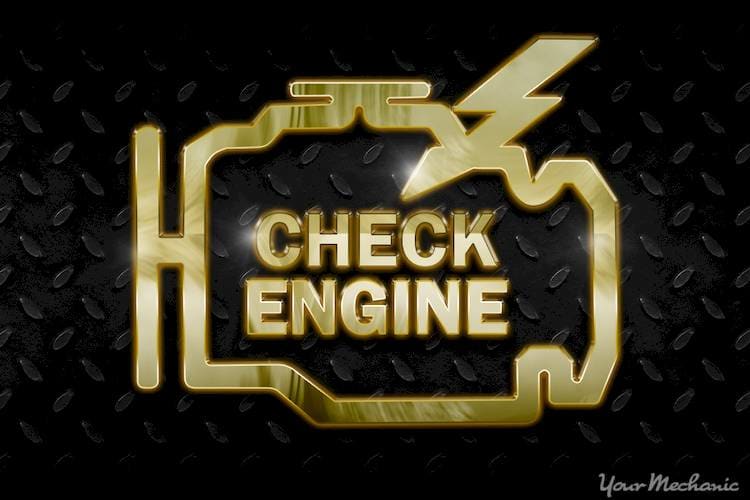Diagnostic Trouble Code (DTC): P0436
P0436 code definition
The P0436 code indicates that a catalyst element for engine bank 2 is not operating as efficiently as it should be.
What the P0436 code means
In order to measure the efficiency of each catalyst in each converter, the PCM gathers data from a variety of sensors, particularly the upstream and downstream oxygen sensors. The upstream sensor reading fluctuates with the fuel conditions, while the downstream sensor reading stays fairly steady. If at any time, the readings from the sensors are too similar for engine bank 2, or do not fall within the manufacturer’s parameters, the P0436 code will be stored.
What causes the P0436 code?
The most common cause of the P0436 code a faulty catalytic converter. Other causes may include:
- Faulty temperature sensor
- Bad oxygen sensor
- Open or shorted temperature sensor harness
- Poor electrical connection within the temperature sensor circuit
However, these causes are rare. Under the umbrella of “faulty catalytic converter”, there are several underlying causes that could be ultimately to blame. These include:
- Using the incorrect fuel
- Contaminated oil
- Faulty spark timing
- Leaking exhaust manifold
- Faulty coolant temperature sensor
- Faulty fuel injection component
- Leaking down pipe
- Leaking flex hose
- Faulty mass air flow sensor
- Faulty manifold air pressure sensor
- Faulty pressure regulator
What are the symptoms of the P0436 code?
In many cases, the only symptom that a vehicle owner may observe is the illumination of the Check Engine Light. However, if any of the converter components have melted or broken, there may also be a decrease in engine performance, or a hissing noise during acceleration. In some cases, the vehicle may fail to start at all.
How does a mechanic diagnose the P0436 code?
After verifying the code with an OBD-II scanner, the mechanic should perform a visual inspection of all the electrical components, looking especially for corroded or loose elements, and the exhaust system for leaks. If an issue is present in either area, this issue should be repaired, and the code should be cleared and the system retested.
If, after these two diagnostic procedures, the code returns, it is most likely that the catalytic converter is bad. The mechanic should continue attempting one repair at a time, clearing the code and retesting as they go, to ensure they pinpoint the problem. This process will ensure that no unnecessary repairs are made.
Common mistakes when diagnosing the P0436 code
In most cases, the biggest issue that technicians report is a previously repaired converter that did not have the underlying cause addressed. Without addressing the cause of the faulty converter, a new converter will likely fail again in a short time.
The next most common issue is a mistakenly blamed oxygen sensor. Because an oxygen sensor code can be present at the same time as the P0436 code, mechanics may replace this part right away; but the oxygen sensor should be tested for proper operation before it is replaced, because it is usually not to blame.
How serious is the P0436 code?
If the P0436 code is being detected, the vehicle should still be drivable. Unless there are serious breakages or melted parts within the converter components, this is not an emergency issue. It may, however, affect the vehicle’s ability to pass an emissions test, and it should be repaired when time allows.
What repairs can fix the P0436 code?
In most cases, repairing the faulty catalytic converter, and repairing the underlying issue that caused the fault, will fix the P0436 code. Other repairs may include:
- Replacing a faulty temperature sensor
- Repairing an open or shorted temperature sensor harness
- Repairing a poor electrical connection within the temperature sensor circuit
Need help with a P0436 code?
YourMechanic offers certified mobile mechanics who will come to your home or office to diagnose and repair your vehicle. Get a quote and book an appointment online or speak to a service advisor at 1-800-701-6230.
Check Engine Light
trouble codes
P0436





